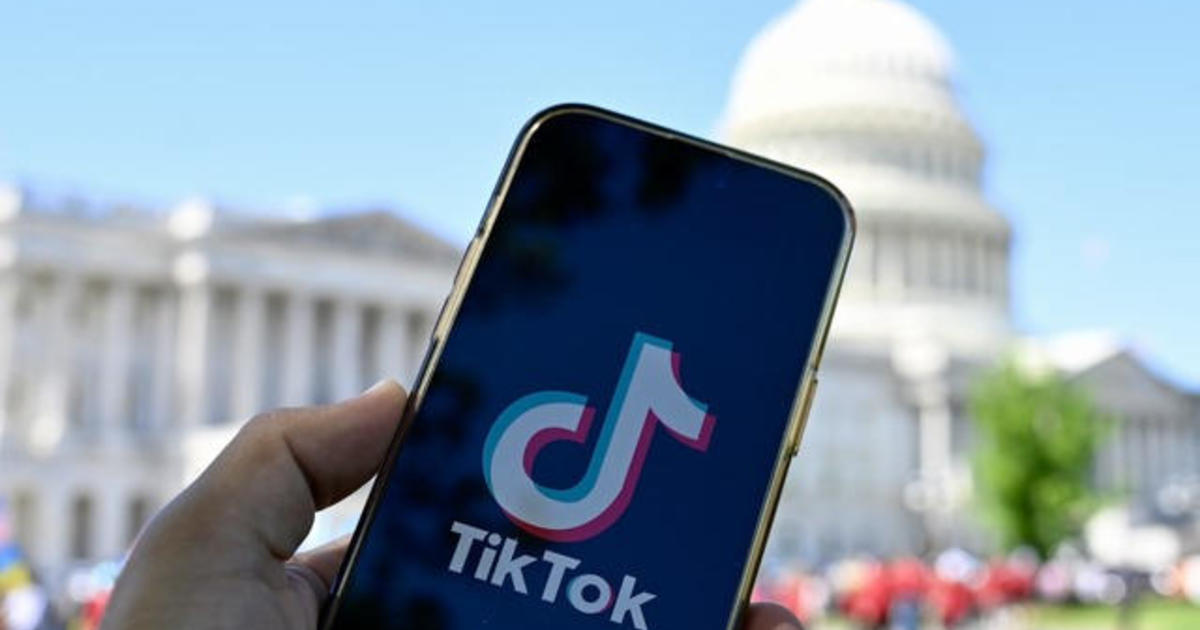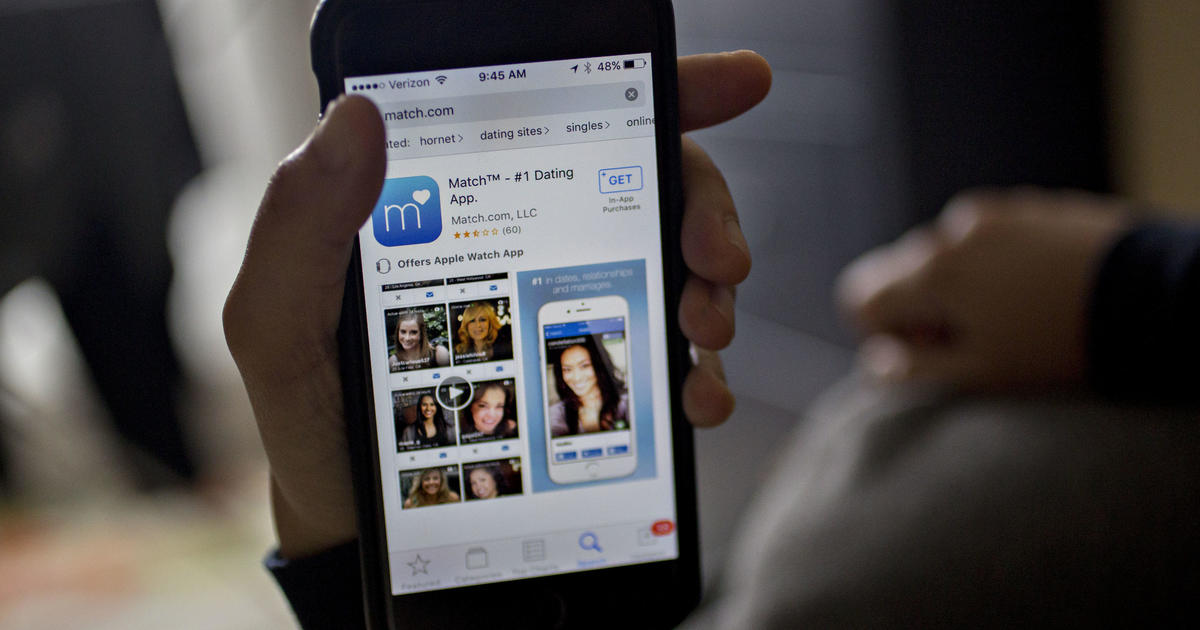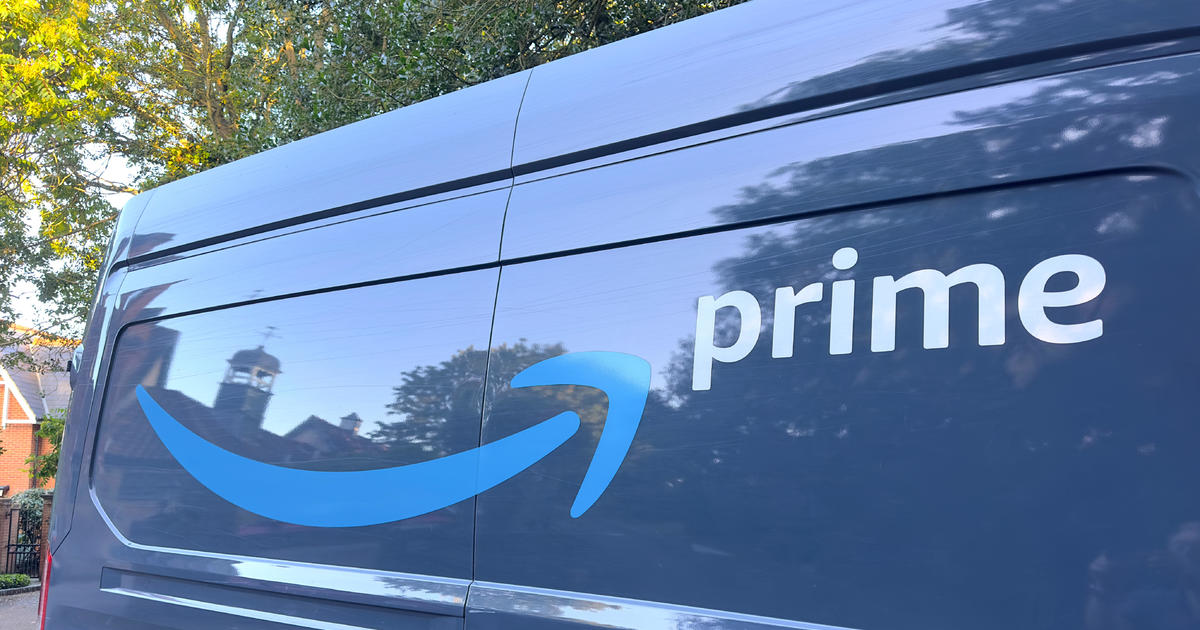AT&T CEO interrupted by robocall during onstage interview
No one — not even the chief executive officer of AT&T — is safe from robocalls. Telecom boss Randall L. Stephenson was interrupted by a phone spammer while onstage at an Economic Club event in Washington, D.C., on Wednesday.
"I'm getting a robocall too, okay?" he said as he hit the "Decline" button on his Apple watch. "It's literally a robocall," he said while discussing the future of 5G technology and his company's $85 billion acquisition of Time Warner.
It shouldn't come as a surprise that Stephenson was targeted by bots. More than half (52 percent) of all phone owners receive at least one robocall per day, according to a survey from data company Clutch. Thirty-nine percent receive multiple unwanted calls from marketers or even scammers.
Robocallers use sophisticated tactics — including disguising the number they call from to better match the recipient's area code or phone number prefix so that it looks familiar. Indeed, the Clutch study shows that 44 percent of people receive robocalls from the same are code as their personal phone number at least once a day.
Robocalls are rampant — 10.1 billion robocalls have been placed nationwide so far this year, according to an index from YouMail, a call-blocking app. Technological and legislative efforts to stem their proliferation have to date been insufficient.
Eliminating robocalls will require that bad actors be subject to more severe penalties, according to experts.
"The government will need to make it easier to enforce the law, so a robocaller suffers from more than a fine they may never pay," said YouMail CEO Alex Quilici. "You need jail time and bigger fines so you actually have some real consequences behind the fines," he said.
Phone carriers can also take action by integrating caller ID authentication systems into their networks. "The carriers say this is real, so essentially when you answer the phone you will know if a number is spoofed or actually a real number," Quilici said.
A large majority of robocalls are from scammers whose end goal is to obtain recipients' credit card information. The onus is on consumers, too, to be more discerning about taking calls from unknown parties. "Consumers need to have robocall blocking apps and services so they are exposed to fewer calls; they also need not reflexively answer and call back unknown numbers," Quilici said.
Quilici says he's not surprised AT&T's Stephenson was targeted. "When there are that many calls, they are going to hit people at random, and he happened to get hit when he was doing a presentation. That should certainly make him aware of how big the problem is," he said.
It also may suggest that AT&T's own spam blocking tool, called "Call protect," isn't fail proof. "It is supposed to identify that it's a robocall and block illegal phone numbers and it [apparently] didn't protect him," Quilici said.
AT&T did not immediately return a message seeking comment.



